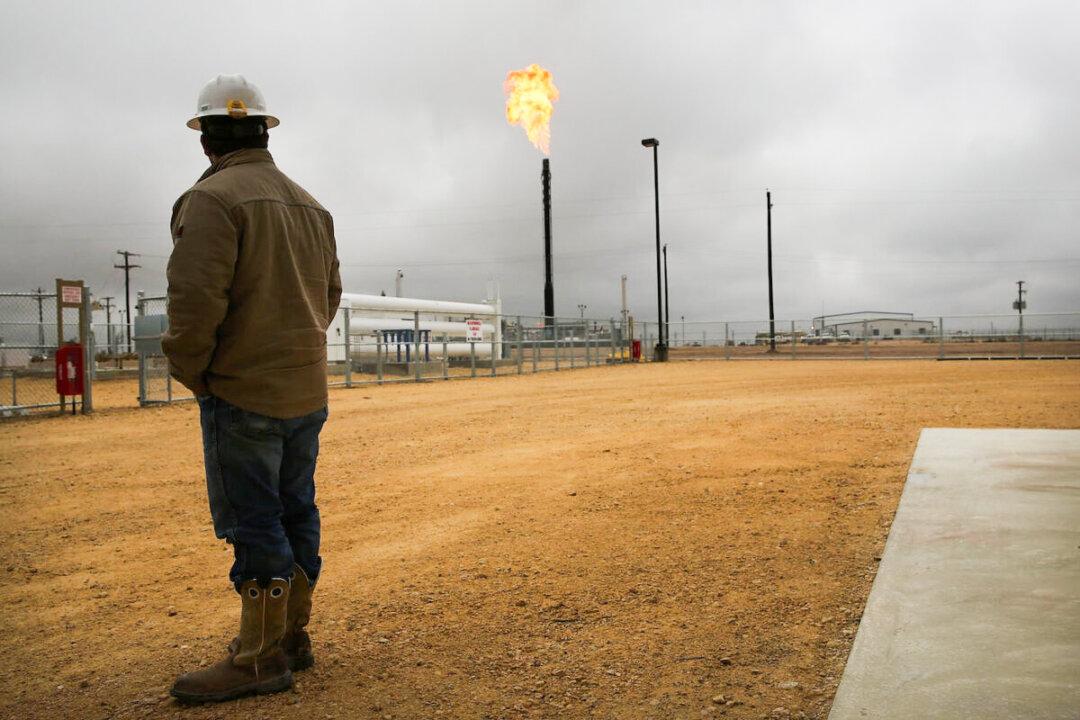Texas voters approved a state constitutional amendment on Nov. 7 that will create a special $10 billion fund for financing the “construction, maintenance, and modernization of its electric generating facilities.”
Proposition 7 passed 65 percent to 35 percent with 2.5 million votes cast, according to the Texas Secretary of State’s office.





